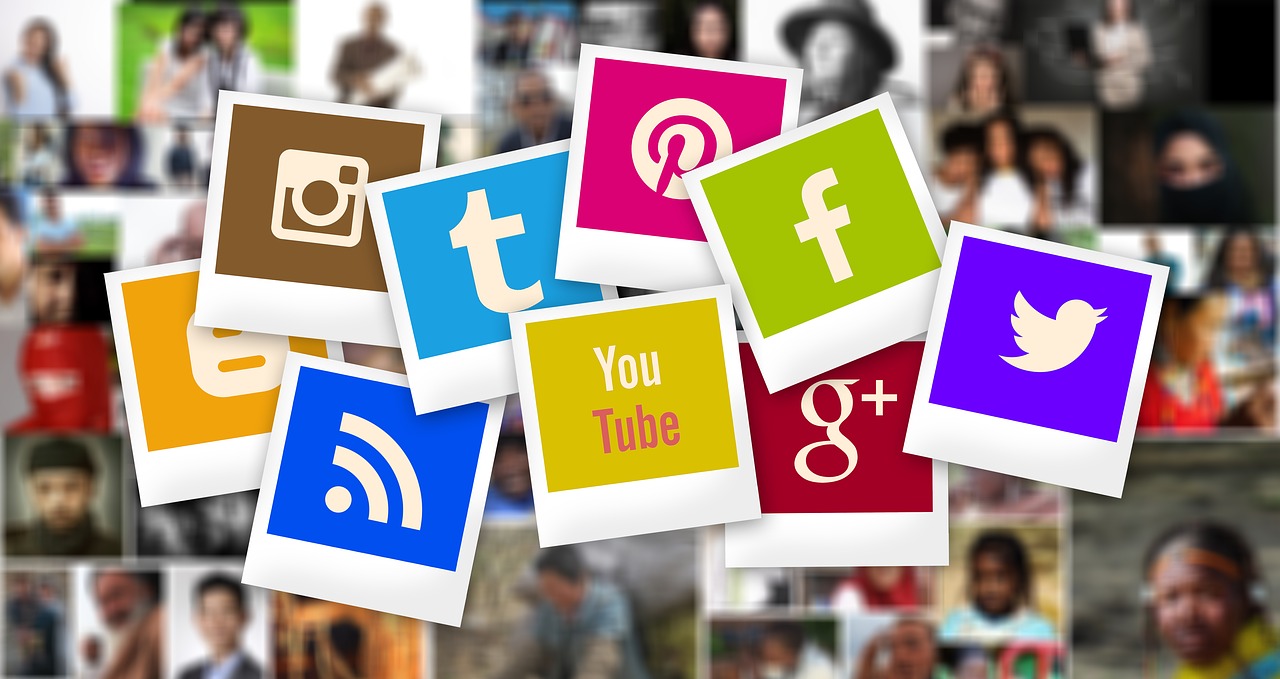Modern Communication: The Failure of Social Media
CC0/PIXABAY
In the last 25 years, we’ve made some of the greatest technological advancements in our history. One of which, the internet, has allowed us to freely and effortlessly exchange brilliant ideas and funny cat pictures via whatever device we want, whenever we so desire, through social media. The internet and products of the internet like Google, Facebook, Twitter and the like, have revolutionized our society and the way we connect with others on a day-to-day basis. Just think about how many times have you learned something about someone else – their interests, hobbies, birthday, etc. – without ever speaking to them?
The irony however is that despite social media’s ability to aid us in communicating and connecting with others we are more alone, isolated, and stressed out as a society than ever before.
Social media are nothing more than tools. They can’t create genuine connection with others, but they can create the comfortable illusion of connection.
Do social media create a false sense of connection?
By our very nature we need other people. We have an innate desire to connect to and be understood by something or someone else. So, it makes sense why we use social media. I go to someone’s facebook or Instagram page to discover information and/or pictures about their new cat or the vacation they came back from and I instantly feel connected to their experience.
Unfortunately, that connection is one sided; I’m aware of them but they’re not aware of me. It’s this weird – slightly creepy – lack of true connection that leaves us feeling lonelier, more isolated and stressed.
Social media is limited in how different platforms create a connection experience. First, they have evolved into a system of short bursts of communication: statements rather than conversations (e.g. snapchat with its 10 second video capture length and twitter with a 280-character limit). This makes genuine connection even more difficult, especially if these short bursts of communication are hard to interpret or be interpreted by someone else. Sarcasm, abbreviations, and/or poor punctuation are just a few ways interpretation can become difficult.
Second, there’s a delayed response. It might be a second, an hour or a day before you receive a response from another person and even then, that reply might be a ‘like’ or a ‘retweet,’ which doesn’t communicate anything of true value.
Finally, posts and replies can often lack authenticity or at the very least be perceived as lacking genuineness. Think for second… When was the last time you were literally laughing out loud when you posted to someone the abbreviation “LOL”? Chances are that “LOL” elicited only a small smile or simple “ha.” Additionally, people tend to post about amazing and awful moments in their lives and very rarely about the in-between – Have you seen anyone recently post about eating a bagel or going to the doctor without a modifier attached (e.g. “best bagel ever!” or “Doc gave me some terrible news today.”)
Are social media changing how we communicate?
I want you to imagine going on a date with someone and having a conversation with them where all the points mentioned above were present throughout your conversation; They spoke to you in an exaggerated fashion, using/making unclear language/references, in short quick bursts, and making vastly more statements than asking questions. That sounds terrible right? My guess is you might be hard-pressed to find a reason to go back for a second date. Yet, this is the type of connection that’s being formed with another person via social media. Let’s change that.
Get out of a social media communication mindset
Put down your phone. Seriously. The next time you go out with a friend, go on a date, take a walk with your kids or visit your favorite part of the city, intentionally put your phone down. Social media is a way to communicate an experience, but it was never intended to capture how you felt when you were in that experience. That can only be accomplished through mindful communication. Let yourself breathe in the moment mindfully without diving int your phone.
Stop telling stories and start asking questions. Social media have created an environment where we are more assertive and less curious. We are more than happy to send a photo of the most edited perfect picture of that trip we took, but that doesn’t allow us to be curious about another’s experience. Try to break the habit of talking about yourself and ask, instead, about someone else.
These are just two simple tools to help steer us all back toward authentic communication. Social media are tools, but no app or medium will ever be able to replace meaningful human interactions.
Kendall Campbell
Licensed Marriage and Family Therapist Associate
Counseling@kendallcampbell.com
(512) 920-3654
Article originally posted on thepracticeatx.com
